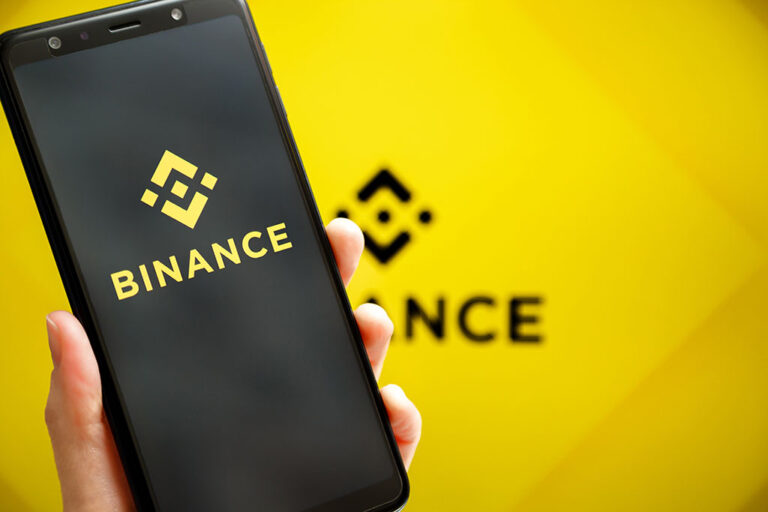Binance secures broker-dealer license in Brazil through Sim;paul acquisition, marking its 21st global regulatory milestone.
In a recent development, Binance, the world’s biggest crypto exchange, announced that it has received regulatory approval from the Central Bank of Brazil. This approval will see Binance acquire Sim;paul, a local broker-dealer in Brazil, representing the exchange’s 21st global regulatory milestone.
Binance Expands in Brazil
With the new approval, Binance has solidified its position as the most licensed crypto exchange globally. It also emphasizes Binance’s commitment to adhere to the highest regulatory requirements worldwide and regionally.
As revealed in the announcement, the broker-dealer will allow Binance to distribute securities and issue Electronic Money (EMI) in Brazil. Note that Binance already operates a compliant-based crypto exchange in the country.
#Binance reaches 21st global regulatory milestone after the Central Bank of Brazil approved the acquisition of a licensed broker-dealer institution in the most populous Latin American country.
This achievement underscores our dedication to compliance and regulatory excellence… pic.twitter.com/qx0GPyBjrD
— Binance (@binance) January 2, 2025
However, the broker-dealer license will align Binance more with ongoing regulatory advancements. For emphasis, the approval now makes Binance the first crypto exchange in Brazil to hold a broker-dealer license.
Commenting on the approval, Binance’s CEO, Richard Teng, stated, “This approval underscores our commitment to compliance and security, and we look forward to continuing to provide our local users with a secure, reliable, and innovative platform for their digital-asset needs.”
Binance’s expansion in Brazil comes amid increased crypto adoption in the Latin America’s most populous nation. The country has a vibrant community eager to embrace new frontiers in finance, like digital assets.
Brazil, which ranks tenth in Chainalysis’ worldwide adoption index, is proactively establishing clear guidelines for crypto businesses. The Central Bank and the Brazilian IRS have already published proposals for a dedicated regulatory framework.
Market participants and experts are invited to make suggestions on the framework. Meanwhile, legislators in the American Congress are discussing federal bills on asset segregation and stablecoins, which are relevant to the sector.
Before the latest Binance disclosure, Frontnode, an EU-based crypto exchange, announced expansion into Latin America, starting with Brazil in early 2025. This expansion highlights Brazil’s leadership role in crypto adoption.
Binance Continues Global Regulatory Advancements
Intriguingly, Binance’s regulatory milestone in Brazil follows similar triumphs in other countries, including Argentina, Indonesia, Kazakhstan, and India. Binance’s expansion in these nations demonstrates its commitment to growing crypto adoption responsibly and sustainably.
Additionally, Binance has previously secured licenses, registrations, and authorizations in jurisdictions like Dubai, France, El Salvador, and Japan. Binance’s efforts to comply with global standards include compliance programs like its robust anti-money laundering (AML) policies.
Furthermore, Binance implements controls and a comprehensive framework for Combating the financing of terrorism. Besides these, Binance enforces robust identity verification processes (Know Your Customer and Know Your Business, or KYC and KYB).
These control measures assist law enforcement agencies in investigating crypto asset-related crimes. Also, it helps build capacity, thereby strengthening the collaborative security of the broader crypto ecosystem.
next